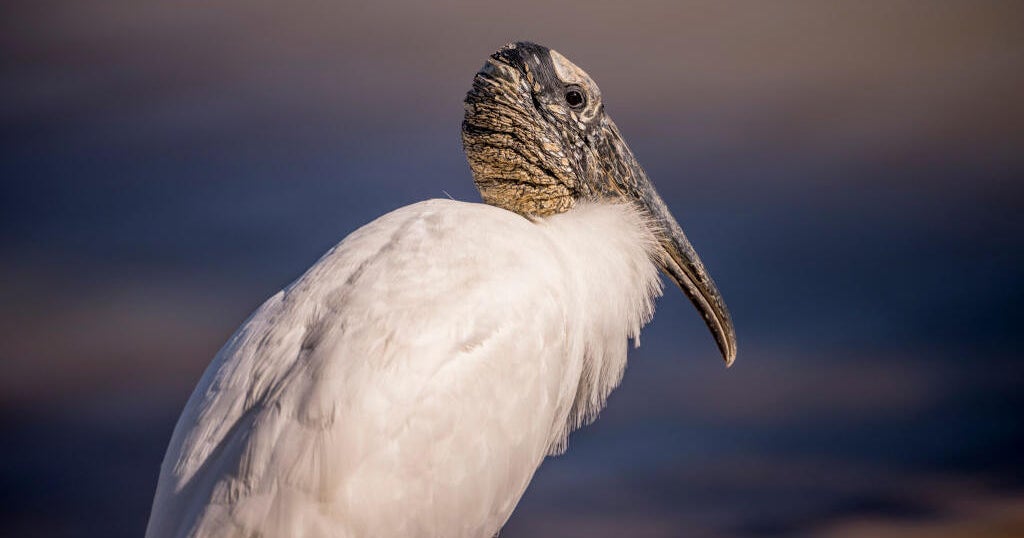Study: Cougars Reclaiming The Midwest, Their Historical Range
MINNEAPOLIS (WCCO) – Cougars are beginning to reclaim parts of the American Midwest following a century of dwindling populations, new research published Wednesday by a University of Minnesota scientist shows.
Michelle LaRue, a Ph.D. student at the university, published a paper in The Journal of Wildlife Management that shows cougar populations are moving east after being killed off and confined to the west, the university said.
"The cougar population declined dramatically from 1900, due to both hunting, and a lack of prey, leaving the remaining population isolated to the American west," LaRue said in a press release. "[In the paper] we present the hard evidence that the western population has spread, with cougar populations re-establishing across the Midwest."
The nucleus of the three main cougar populations in the Midwest live near the Black Hills in South Dakota. But cougars are roaming thousands of kilometers from that area, raising questions about how humans can live alongside the big cat.
"Our study took in over 3.2 million kilometers of territory, confirming the presence of cougars from Texas, Arkansas and Nebraska, to the Canadian provinces of Ontario and Manitoba," LaRue said.
One male cougar from the Black Hills walked an astounding 2,900 kilometers -- through Minnesota and Wisconsin -- before ending up in Connecticut. The research suggests that male cougars are leading the population spread with their ability -- and apparent desire – to journey long distances, the university said.
In her research, LaRue along with Clay Nielsen and scientists from Southern Illinois University and The Cougar Network analyzed cougar sightings since the 1990s. They confirmed the sightings by wildlife professionals over time, assessed the suitability of the habitat in which the cougars were seen and confirmed that populations were being re-established.
"This evidence helps to confirm that cougars are re-colonizing their historical range and reveals that sightings have increased over the past two decades," LaRue said. "The question now is how the public will respond after living without large carnivores for a century. We believe public awareness campaigns and conservation strategies are required across these states, such as the mountain lion response plans already in place in Nebraska and Missouri."
To see the paper, click here.
LaRue is a research fellow for the Polar Geospatial Center at the University of Minnesota, the university said. She is currently pursuing her PhD in Conservation Biology.







